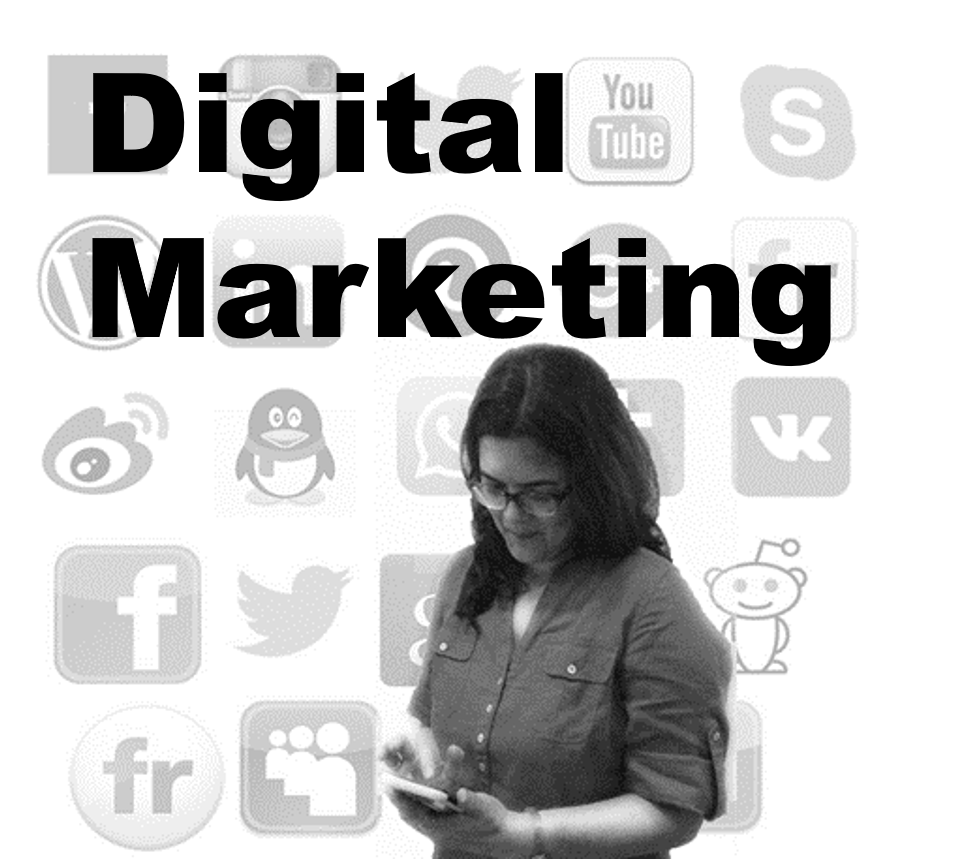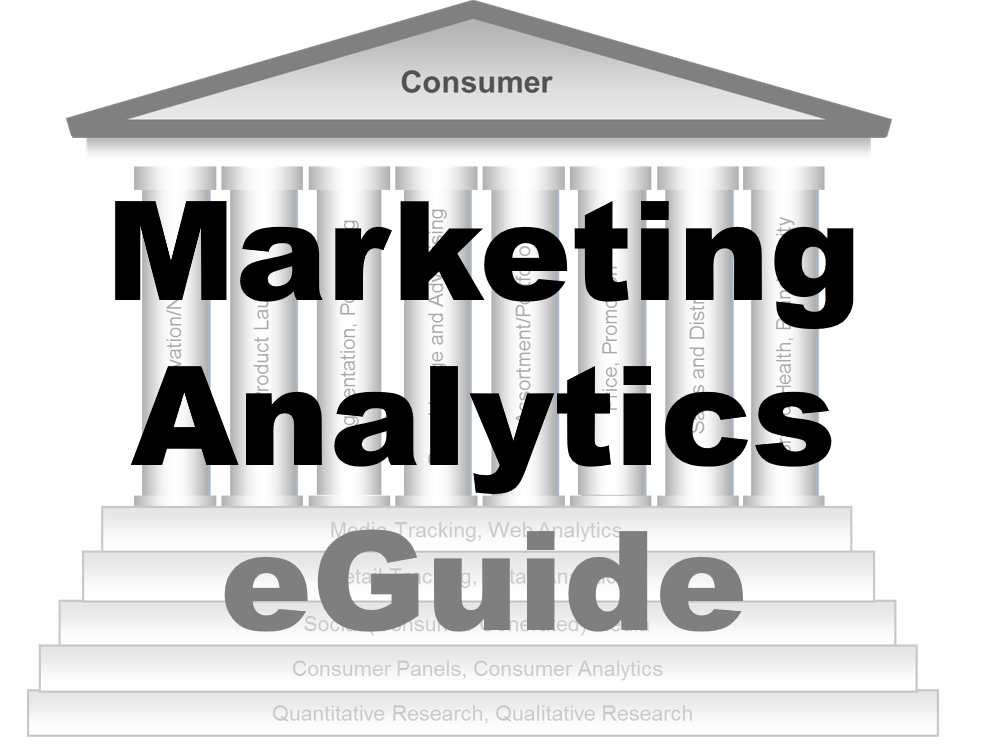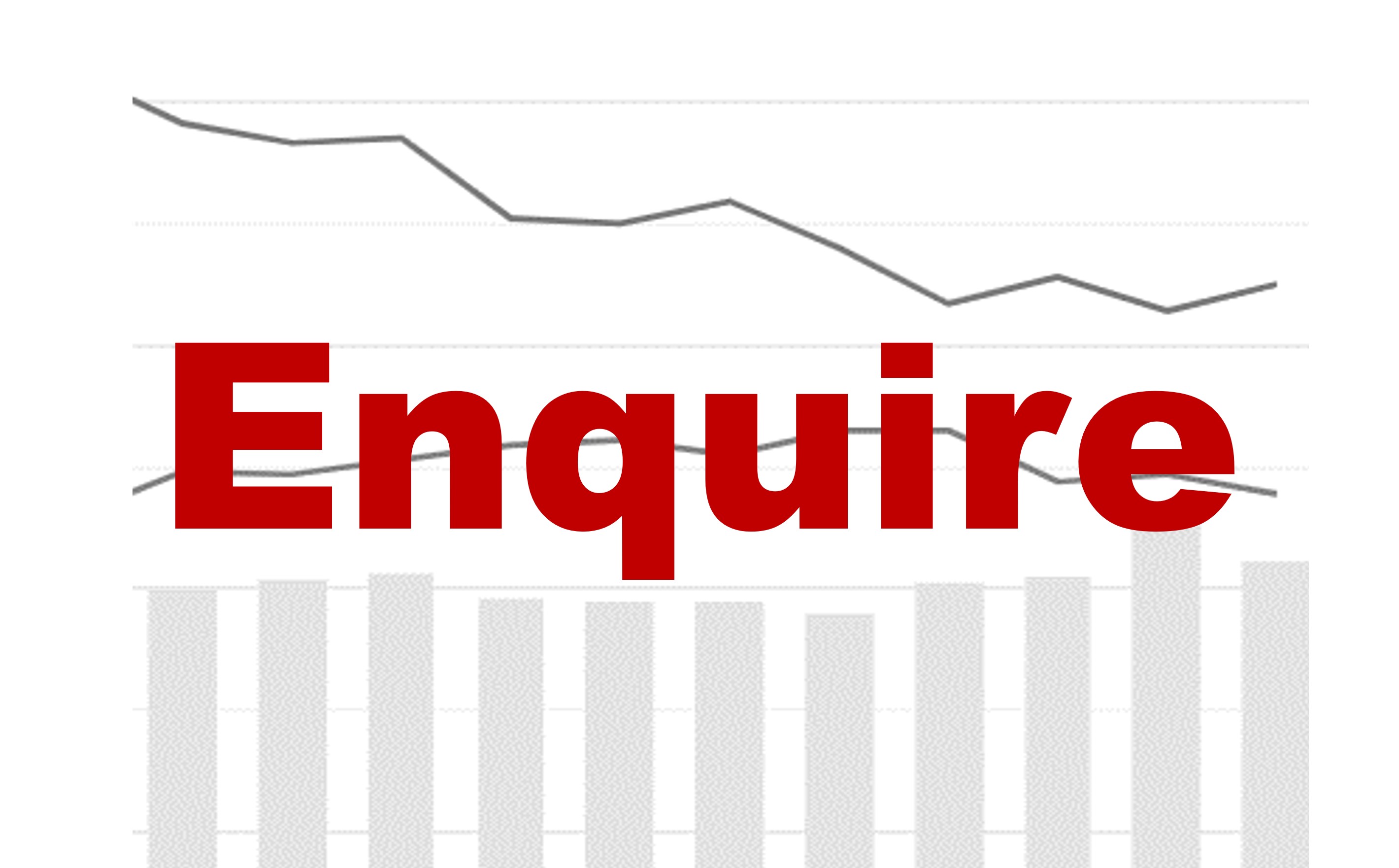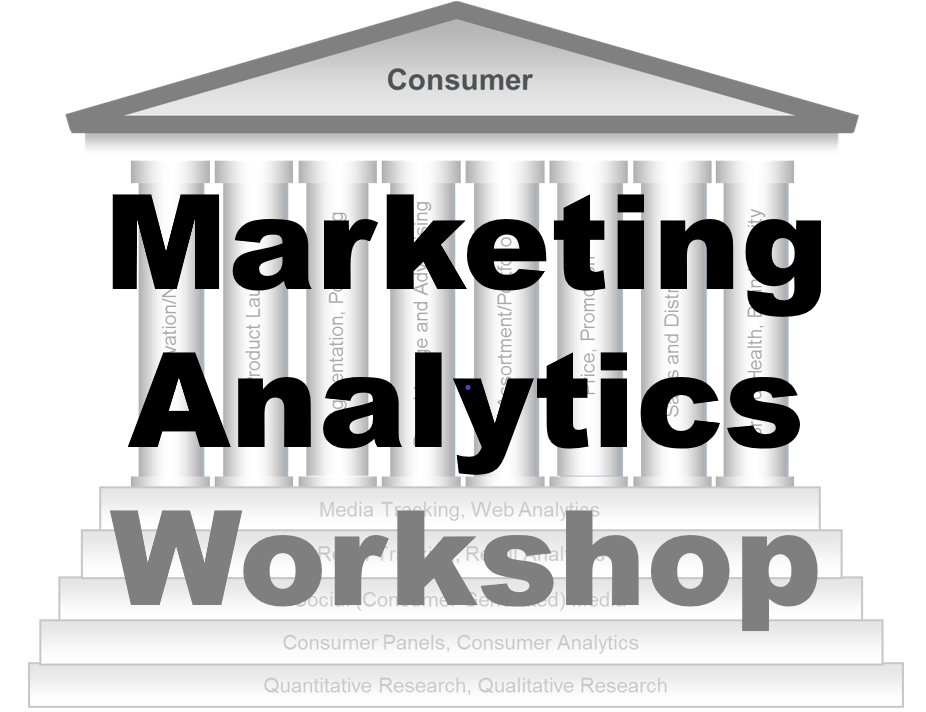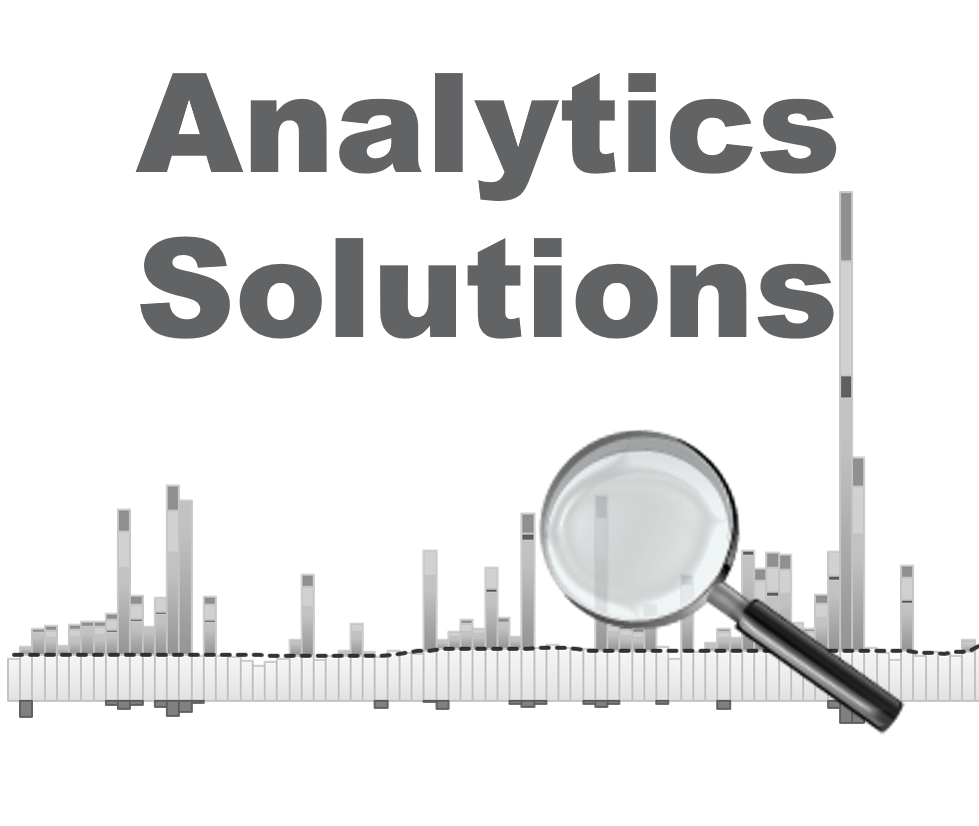Destiny Marketing Simulator
Manufacturers and Retailers — Experiential Learning programme in consumer marketing.
Video Destiny — Business simulator to experience of consumer marketing.
 Transcript
Transcript
 Transcript
Transcript
Destiny Video Transcript
Destiny is a business simulator that imparts the experience of consumer marketing. It is used in analytics-based marketing strategy courses for training business management students and practitioners, in brand and category management.
In business management programs, Destiny is used in courses on marketing strategy and marketing analytics. It may also be configured as an experiential learning workshop, conducted with coaching sessions, over 3 to 4 days.
For trainers and educators, Destiny serves a key purpose: It speeds up the process of learning.
Theory has limitations. You cannot learn to drive a car or pilot a fighter jet simply by reading the manual. You cannot master the discipline of marketing merely by attending lectures and reading textbooks.
We need experiential learning tools.
Combining theory with practice, the Destiny simulator imparts combat training for leaders in the battleground of consumer markets. They acquire the skills and strategic intuition required for taking crucial business decisions.
It is a multi-faceted learning experience where the emphasis is on marketing in the FMCG or the consumer-packaged goods sector. It encompasses elements of the Marketing mix and the retailing mix. The extensive use of analytics helps participants acquire the skills to read and interpret market intelligence. They experience Business Marketing with trade partners and refine their Negotiation skills. The training also embraces critical aspects of Organization and Teamwork, as well as Financial Management and Operations Management.
Confronted with series of tough decisions requiring heavy doses of analytic and creative intelligence, marketers rely on these all-encompassing, managerial skills to lead their business.
Destiny was developed because nothing comparable was available off the shelf.
Most so-called simulators are toys or games that lack authenticity. They fail to replicate market realities, and imbue the wrong gut instincts!
Destiny is different. It is an authentic CPG market simulator. Not only does it accurately imitate the way consumers shop, it also replicates the reports and information that marketers use at leading consumer marketing firms.
Destiny runs on a virtual consumer panel of thousands of households. Where these households shop and what brands they purchase, over time periods spanning years, is simulated by marketing models that predict consumers’ response to the elements of the marketing mix and retailing mix.
The platform authentically simulates the buying behaviour of individual households, based on well-established market response frameworks and models that provide an understanding of:
- what drives store choice and brand choice,
- what triggers brand switching and store switching,
- how advertising channels brands and banners into consumer repertoires,
- how consumers respond to increase and decrease in price,
- and how they respond to different types of promotions and incentives.
The practical and theoretical foundation of Destiny is what sets it apart. Underlying concepts, theories, market models and practices are detailed in the Marketing Analytics Practitioner’s Guide, as well as the MarketingMind website.
MarketingMind serves as a comprehensive guide to marketing management, covering underlying concepts and their application. Practice oriented, it fuses marketing concepts with the analytical tools that practitioners use, to impart an understanding of how to interpret and apply market intelligence.
Destiny is a collection of platforms –
- the simulator,
- the user interface comprising market dashboards,
- P&L module,
- analytics platform for data mining and consumer analytics,
- contractual agreements dialogue interface,
- decision and forecasting interfaces for users,
- the handbook,
- and the theoretical foundation covered in the practitioner’s guide and MarketingMind.
These automated tools and interfaces are online and configured such that face-to-face interaction is not a requirement for Destiny.
While it has gained considerable traction due to the ever-increasing emphasis on analytics, Destiny remains a niche platform that is intended for rigorous experiential learning and coaching in consumer marketing. Among those who have embraced the simulator are practitioners from leading consumer marketing companies like Coca-Cola, P&G, J&J, Unilever, Carlsberg, Nestle, Mondelez and Kraft.
If you are seeking a rigorous experiential learning and coaching platform in consumer marketing, do let us know. We would be happy to schedule a demo and answer your questions.
... close
Destiny Video Transcript
Destiny is a business simulator that imparts the experience of consumer marketing. It is used in analytics-based marketing strategy courses for training business management students and practitioners, in brand and category management.
In business management programs, Destiny is used in courses on marketing strategy and marketing analytics. It may also be configured as an experiential learning workshop, conducted with coaching sessions, over 3 to 4 days.
For trainers and educators, Destiny serves a key purpose: It speeds up the process of learning.
Theory has limitations. You cannot learn to drive a car or pilot a fighter jet simply by reading the manual. You cannot master the discipline of marketing merely by attending lectures and reading textbooks.
We need experiential learning tools.
Combining theory with practice, the Destiny simulator imparts combat training for leaders in the battleground of consumer markets. They acquire the skills and strategic intuition required for taking crucial business decisions.
It is a multi-faceted learning experience where the emphasis is on marketing in the FMCG or the consumer-packaged goods sector. It encompasses elements of the Marketing mix and the retailing mix. The extensive use of analytics helps participants acquire the skills to read and interpret market intelligence. They experience Business Marketing with trade partners and refine their Negotiation skills. The training also embraces critical aspects of Organization and Teamwork, as well as Financial Management and Operations Management.
Confronted with series of tough decisions requiring heavy doses of analytic and creative intelligence, marketers rely on these all-encompassing, managerial skills to lead their business.
Destiny was developed because nothing comparable was available off the shelf.
Most so-called simulators are toys or games that lack authenticity. They fail to replicate market realities, and imbue the wrong gut instincts!
Destiny is different. It is an authentic CPG market simulator. Not only does it accurately imitate the way consumers shop, it also replicates the reports and information that marketers use at leading consumer marketing firms.
Destiny runs on a virtual consumer panel of thousands of households. Where these households shop and what brands they purchase, over time periods spanning years, is simulated by marketing models that predict consumers’ response to the elements of the marketing mix and retailing mix.
The platform authentically simulates the buying behaviour of individual households, based on well-established market response frameworks and models that provide an understanding of:
- what drives store choice and brand choice,
- what triggers brand switching and store switching,
- how advertising channels brands and banners into consumer repertoires,
- how consumers respond to increase and decrease in price,
- and how they respond to different types of promotions and incentives.
The practical and theoretical foundation of Destiny is what sets it apart. Underlying concepts, theories, market models and practices are detailed in the Marketing Analytics Practitioner’s Guide, as well as the MarketingMind website.
MarketingMind serves as a comprehensive guide to marketing management, covering underlying concepts and their application. Practice oriented, it fuses marketing concepts with the analytical tools that practitioners use, to impart an understanding of how to interpret and apply market intelligence.
Destiny is a collection of platforms –
- the simulator,
- the user interface comprising market dashboards,
- P&L module,
- analytics platform for data mining and consumer analytics,
- contractual agreements dialogue interface,
- decision and forecasting interfaces for users,
- the handbook,
- and the theoretical foundation covered in the practitioner’s guide and MarketingMind.
These automated tools and interfaces are online and configured such that face-to-face interaction is not a requirement for Destiny.
While it has gained considerable traction due to the ever-increasing emphasis on analytics, Destiny remains a niche platform that is intended for rigorous experiential learning and coaching in consumer marketing. Among those who have embraced the simulator are practitioners from leading consumer marketing companies like Coca-Cola, P&G, J&J, Unilever, Carlsberg, Nestle, Mondelez and Kraft.
If you are seeking a rigorous experiential learning and coaching platform in consumer marketing, do let us know. We would be happy to schedule a demo and answer your questions.
Destiny FMCG (CPG) Marketing Simulator
“Learning is experience. Everything else is just information” - Albert Einstein
Extensive combat training and experience is needed to develop the skills to succeed in the battleground of consumer markets. And it takes several years of practice to acquire these skills. Hence, at leading consumer marketing and retailing firms, only a handful of battle-hardened veterans get to take the strategic decisions that shape the future of their brands and banners.
From a learning standpoint, this begs the question, how can we speed up the process of developing future marketing/retailing leaders? Is it possible to train them the way fighter pilots are trained, employing combat simulators that authentically reflect the market realities?
Destiny was developed in response to these questions. By replicating consumer behaviours, this highly advanced FMCG (CPG) business simulator offers a holistic learning experience for marketing and retailing professionals. Pitted against one another, participants learn to implement effective marketing and business strategies, and develop an understanding of what drives store choice and brand choice. They become proficient in the use of market knowledge and financial data for day-to-day business decisions, acquire a deeper understanding of supplier-retailer relationships, and refine their negotiation skills.
Destiny is aptly intertwined with the developer’s eGuide “Marketing Analytics: A Practitioner’s Guide to Marketing Analytics and Research Methods” to provide a holistic learning experience, that beautifully combines theory with practice. Participants learn practitioner’s tools and techniques, and get to use them in a competitive setting that resembles the real world.
Destiny is used in practice-oriented programmes in marketing, for executive education as well as for Executive MBA, MBA, BBA and Business Analytics curriculums. It supports a friendly, web-based user interface that makes it conducive for online training programmes, eliminating the need for participants to travel to brick-and-mortar venues, thus saving individuals and corporations, considerable time and cost.
For practitioners and Executive MBA students, the training is often conducted over an intense 3–5 day marketing workshop where the simulation exercise is interspersed with short lectures and case studies. Otherwise, for courses that span the full university term, the simulation is conducted over 6 to 8 weeks.
As it ventures into the e-learning space, Destiny affords tremendous potential as an accessible, inexpensive, self-learning tool that can benefit a much wider base of students. A finely-tuned, single-category version of Destiny, allows individuals to compete against virtual teams, i.e. the computer. Practitioners, consultants, marketing professionals and business students, across the globe, may use it to hone their skills and enhance their knowledge of marketing.
While it has gained considerable traction due to the ever-increasing emphasis on analytics, Destiny remains a niche platform that is intended for rigorous experiential learning and coaching in consumer marketing. Among those who have embraced the simulator are practitioners from leading consumer marketing companies like Coca-Cola, P&G, J&J, Unilever, Carlsberg, Nestle, Mondelez and Kraft.
 Destiny – Its Origin, Development and Deployment
Destiny – Its Origin, Development and Deployment
 Destiny – Its Origin, Development and Deployment
Destiny – Its Origin, Development and Deployment
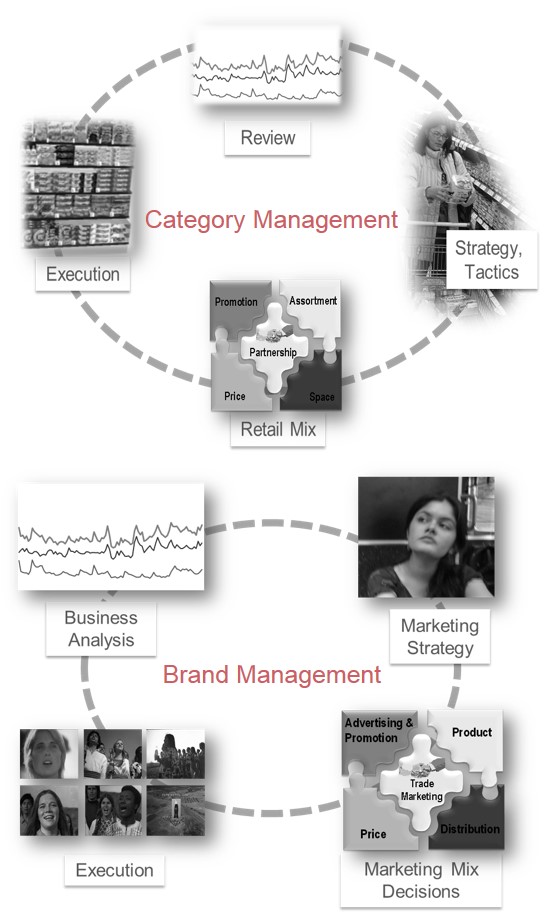
The origins of Destiny can be traced back to a consumer panel-based market analytics platform that was developed in early 1990s at Unilever. Called the Brand Health Monitor, it could analyse, forecast and simulate the buying behaviour of consumer panellists. Brand managers and market researchers used it to diagnose brand health and investigate business issues.
Since its inception Destiny has been continually refined and enhanced to mirror advances in marketing theory and market research.
In its current form as an experiential learning programme, Destiny runs on a virtual consumer panel of a few thousand households. Where these households shop and what brands they purchase over a period of three years is simulated based on marketing models that predict consumers’ response to the elements of the marketing mix. These market models are based on well-established analytics and research concepts that are widely deployed in marketing practice. They provide us with an understanding of what drives store choice and brand choice, what triggers brand/store switching, how advertising channels brands/banners into consumer repertoires and how consumers respond to different types of promotions and incentives.
Stemming from its foundation as a tool for diagnosing brand health, Destiny is rich in marketing analytics and research. It supports over a hundred variables ranging from commonly used market measures like share, stock, and measures for advertising and brand image/profile, to buying behaviour measures like brand loyalty, consumption and penetration, and relatively advance analytic techniques including gain-loss and share forecasting tools. The data granularity is weekly, and may be analysed via market response models.
The advanced consumer analytics platform, supported via an interactive, friendly interface, is one of the features that sets Destiny apart from other marketing simulators. The application and theory of the techniques is covered in the abovementioned practitioner’s guide, mainly in Chapter 7, Consumer Analytics and Consumer Panels as well as in Chapter 11, Product Validation and a number of case studies. These techniques are particularly useful in diagnosing business issues through mining consumer transactions.
While it attests to the scientific rigour and versatility of Destiny, the consumer analytics module is intended primarily for participants with knowledge of marketing analytics and research methods. Other participants work mostly with commonly used measures that are ported onto easy-to-use, web-based dashboards.
As an interactive, competitive exercise that mirrors the real world, a Destiny marketing simulation training course generates enormous enthusiasm, and imparts marketing knowledge in an intuitive, experiential and memorable learning environment.

